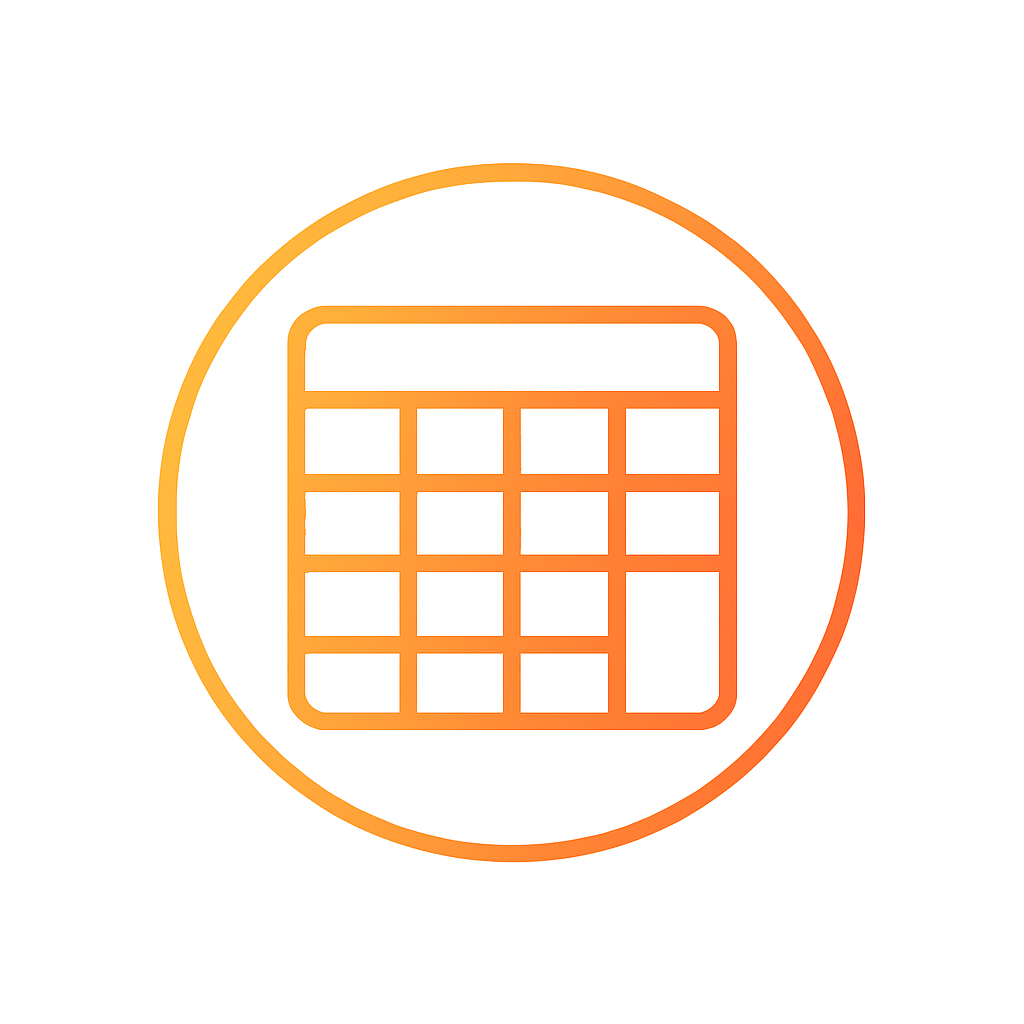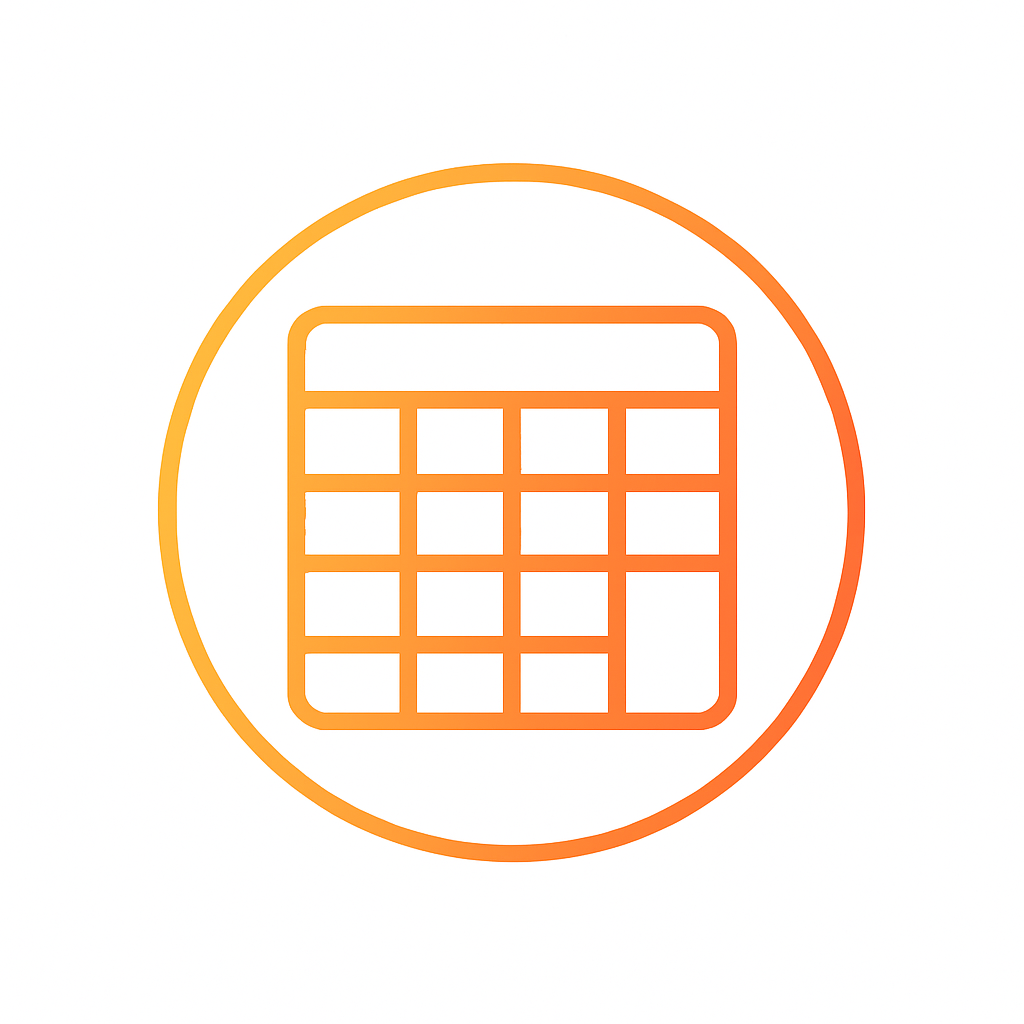

Structured Accounting - Get Ahead
-
A. Chart of Accounts Structure
Standard Numbering Scheme
Range
Category
Examples
1000–1999
Assets
1010 “Checking Account” / 1200 “Accounts Receivable”
2000–2999
Liabilities
2000 “Credit Card Payable” / 2200 “Sales Tax Payable”
3000–3999
Equity
3000 “Owner’s Equity” / 3500 “Retained Earnings”
4000–4999
Income
4000 “Product Sales” / 4500 “Service Revenue”
5000–5999
Cost of Goods Sold
5000 “Materials” / 5100 “Freight In”
6000–7999
Expenses
6000 “Rent” / 6100 “Payroll” / 6200 “Marketing”
Sub-Accounts for Clarity
-
Marketing:
- Marketing: Online Ads
- Marketing: Events -
Equipment:
- Equipment: Computers
- Equipment: Furniture
Regular Review Best Practices
-
Quarterly: Scan for unused, redundant, or confusing accounts; consolidate where needed.
-
Year-End: Archive old accounts but maintain numbering for historical reporting consistency.
B. Accounting Software: Best Practices & Alternatives
Wave (Free Option)
-
Great for very small businesses.
-
Lacks payroll and offers limited reporting.
-
Note: Some banks require re-authentication every 30 days for bank feeds.
QuickBooks Online (QBO)
-
Industry-specific setups (e.g., contractors, nonprofits).
-
Strong automation tools: rules, batch categorization, mobile receipt capture.
Xero
-
Excellent multi-currency support.
-
Unlimited users.
-
Automated overdue invoice reminders.
Recommended Add-Ons & Integrations
-
Bill.com: AP automation.
-
Gusto / ADP: Payroll integration.
-
Hubdoc: Auto-fetch bills and receipts.
C. Expanded Monthly Checklist for Financial Hygiene
Reconcile Carefully
-
Check for duplicates and missing transactions.
-
Review uncategorized reports for stray entries.
Adjusting Entries
-
Prepaid Expenses: Allocate monthly (e.g., insurance).
-
Accrued Liabilities: Record wages/utilities incurred but unpaid.
Trial Balance Review
-
Confirm Debits = Credits before closing the month.
-
Investigate any discrepancies immediately.
Inventory Counts (If Applicable)
-
Match physical inventory to your general ledger.
-
Book any necessary adjustments.
Payroll Reconciliation
-
Ensure payroll liabilities on the balance sheet match reports from payroll providers.
Sales Tax Preparation
-
Run “Sales Tax Liability” reports.
-
Separate taxable vs. non-taxable sales.
Backup & Security
-
Export backups from QBO/Xero or download Wave CSVs monthly.
-
Store backups offsite or in encrypted cloud storage.
Review Key Financial Metrics
-
Gross Profit Margin = (Revenue – COGS) / Revenue
-
Current Ratio = Current Assets / Current Liabilities
-
Burn Rate = Monthly Cash Outflow (essential if pre-revenue)
D. Pro Tips & Common Pitfalls
Automation Tips
-
Automate recurring transactions (rent, subscriptions, loan payments).
Classes & Locations
-
Use these tools if operating multiple product lines or locations.
-
Enables P&L breakdowns by segment.
Separate Revenue Streams
-
Distinguish between product COGS and service-related expenses.
Outsource or In-House?
-
If bookkeeping exceeds 2 hours/week, consider hiring a virtual bookkeeper or part-time CPA.
Stay Audit-Ready
-
Retain receipts for 3–5 years minimum.
-
Label digital scans with date, vendor, and purpose for easy retrieval.
-
- Regular price
- $68.00 USD
- Sale price
- $68.00 USD
- Regular price
-
$0.00 USD - Unit price
- / per
